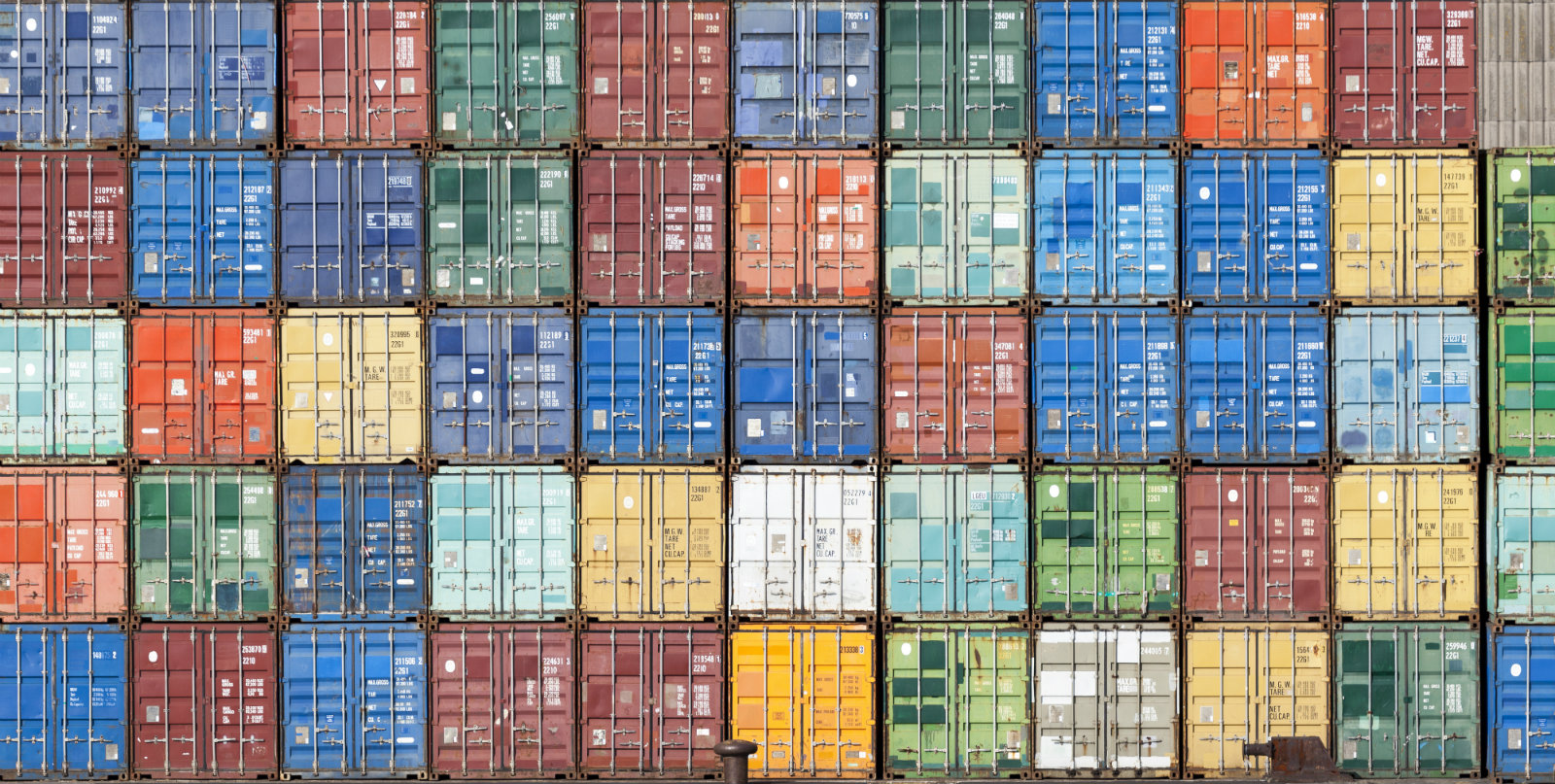Global shipping now has a clogged port problem + Maybe don’t put Nepal on your bucket list

Goodbye, global container shortage. Hello, global cargo traffic jam: Shipping operators are trying to stay ahead of the peak season that usually comes at the end of June — ahead of back-to-school season — to avoid last year’s shortage by increasing capacity and placing orders ahead of time, but the sheer volume of cargo is now clogging ports and railway lines, the Wall Street Journal reports, citing officials at ports and shipping companies. Analysts estimate that 12% of the world’s boxships are currently stuck outside congested ports for weeks longer than normal. Measures taken by companies during the covid-19 pandemic to furlough staff and cut storage space are now adding salt to the wound, with a significant lack of trains, truck drivers, and warehousing space hampering inland delivery and adding pressure to the global supply chain.
Thinking of your upcoming summer getaway? You might want to eliminate Nepal from your list of choices, considering it has earned the unattractive superlative of being the world’s riskiest place for flying. Having recently recorded its tenth fatal plane crash in as many years, the South Asian country has become infamous for its risky flying conditions, Bloomberg writes. Most recently, a flight carrying 22 people — 14 of whom have been found dead — lost contact after taking off from the Nepalese city of Pokhara. Tenzing-Hillary Airport in Lukla, in the country’s northeast, has been unofficially dubbed the world’s most dangerous airport. So why do people keep going to Nepal? The country is very rich in history and scenic landscapes, making it an attractive getaway for a mid-year vacation.
What do you do when Brexit threatens your cross-border labor market? You loosen visa requirements for top grads: The British government has launched a new visa scheme aiming to attract the “brightest and best” graduates from around the world. Alumni who graduated in the past five years from one of the eligible leading universities — including Harvard, MIT, and Yale — will be able to apply for a “high potential individual” visa regardless of where they were born, or whether they have a job offer. Successful applicants with a bachelor's or master’s degree will be given a two-year visa, while PhD holders will be granted a three-year visa. Their families can also apply to join them in the UK. This comes as part of a new post-Brexit immigration drive as the country faces a tight labor market. The list of eligible universities from 2021 comprise 20 US institutions, as well as universities from Canada, Hong Kong, China, Japan, Germany, Australia, Singapore, France, Sweden, and Switzerland. No African universities have made the list.